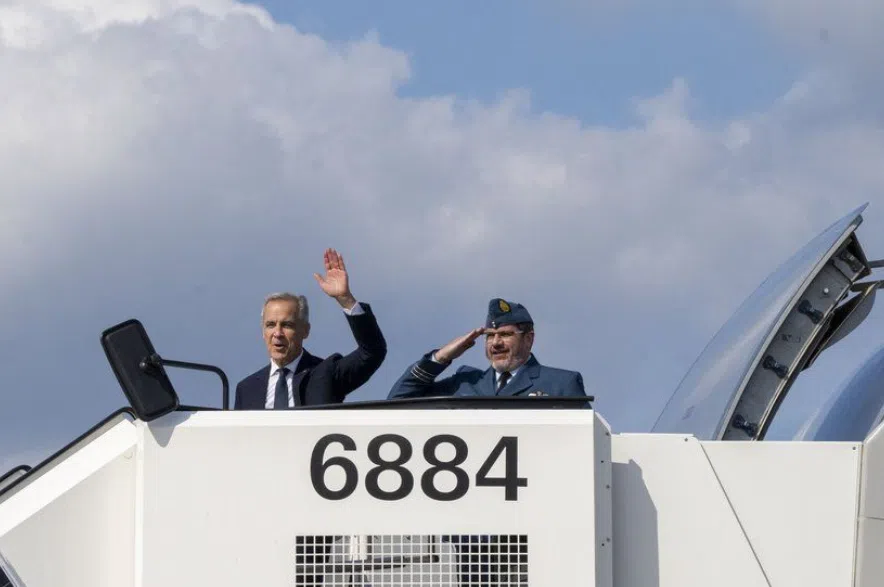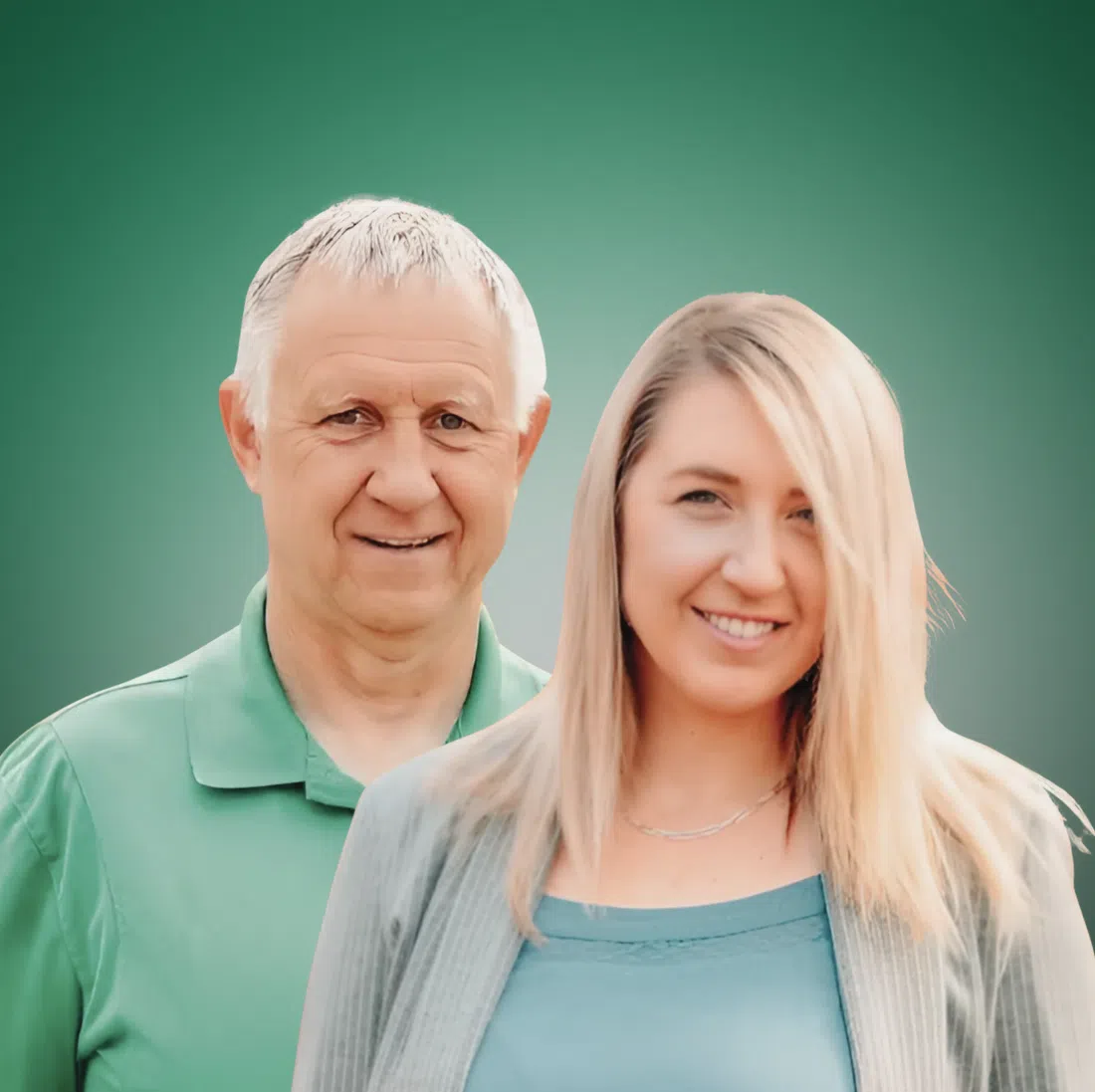By Dylan Robertson
Prime Minister Mark Carney is off to Egypt this afternoon to take part in a summit surrounding the truce U.S. President Donald Trump helped arrange between Israel and Hamas.
Carney is heading to the city of Sharm el-Sheikh, joining other world leaders Monday where Egyptian President Abdel-Fattah el-Sissi says he will co-chair a “peace summit.”
Heads of government and state will be represented from across the Middle East as well as France, Germany and the U.K.
Read more:
- Israel-Hamas peace deal greeted with cautious optimism in Sask.
- There are lessons to be learned from Canada’s wildfire season and evacuations
- Oscar-winner Diane Keaton, star of ‘Annie Hall’ and ‘The Godfather,’ dies at 79
Today marks three days of a truce in which aid agencies are preparing to rush in food and medicine for Palestinians in the Gaza Strip, just as Israel gradually draws back its soldiers.
Hamas is expected to release roughly 20 living hostages as early as Monday morning, in exchange for Israel releasing Palestinian prisoners and detainees, followed by the bodies of about 28 Israeli hostages.
Trump brokered the truce, but questions remain over a longer-term ceasefire or whether a detailed peace deal will be reached.
The truce nevertheless marks a key step toward ending a ruinous two-year war that was triggered by Hamas’ 2023 attack on Israel.
The fighting has killed tens of thousands of Palestinians and displaced around 90 per cent of the Gaza population of some 2 million, often multiple times. Many of them will find fields of rubble where their homes once stood.
The United Nations began delivering scaled-up aid into Gaza on Sunday.
The aid shipments are meant to address severe malnutrition and famine conditions triggered by Israeli offensives and restrictions on humanitarian help. The International Criminal Court is seeking the arrest of Netanyahu and his former defense minister for allegedly using starvation as a method of war. Israeli officials deny the accusations.
The aid will include 170,000 metric tons that have already been positioned in neighbouring countries such as Jordan and Egypt as humanitarian officials awaited permission from Israeli forces to restart their work.
U.N. officials and Israeli authorities have engaged in a series of discussions in Jerusalem over the last 24 hours about the volume of aid humanitarian organizations can bring in and through which entry points.
U.N. spokesperson Stephane Dujarric told reporters Friday that fuel, medical supplies and other critical materials have started flowing through the Kerem Shalom crossing.
U.N. officials want Israel to open more border crossings and provide safe movement for aid workers and civilians who are returning to parts of Gaza that were under heavy fire until only recently.
— with files from The Associated Press.
Read more:











